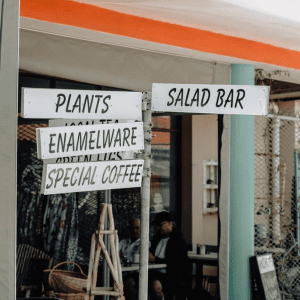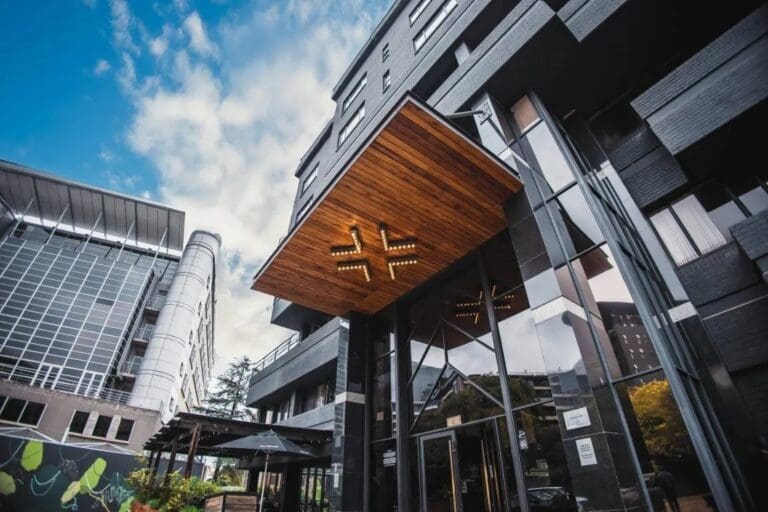 Amidst the mounting third wave, FEDHASA, the voice of South Africa’s hospitality sector, sounds a stark warning about the plight of restauranteurs and the livelihoods they support, as speculation rises that COVID restrictions keeping restaurants closed will continue through July.
Amidst the mounting third wave, FEDHASA, the voice of South Africa’s hospitality sector, sounds a stark warning about the plight of restauranteurs and the livelihoods they support, as speculation rises that COVID restrictions keeping restaurants closed will continue through July.
“As an industry, we are not insensitive to the fact that South Africa is enduring a third wave, and that too many have lost their lives, have lost loved ones, or wait anxiously as family and friends endure severe illness,” says Rosemary Anderson, FEDHASA National Chair.
“Balancing lives and livelihoods is an impossible task and we understand that sacrifices have to be made. However, hotels and restaurants are not just a non-essential lifestyle activity that can be switched on and off to stem the spread of COVID.
“Behind the closed restaurant doors and ‘for sale’ signs are thousands of livelihoods that have already been lost and hang in the balance everyday restaurants are forced to bear the brunt of lockdown regulations. Beyond this, the hospitality sector supports a deep supply chain that is similarly affected,” she says.
Unlike most other sectors, the hospitality sector has not been able to operate fully, even when regulations were at Level 1. This, despite putting in place stringent health and hygiene protocols.
There are not many businesses that would be able to support livelihoods and pay their normal bills when they have not managed to operate normally for more than a year through no fault of their own.
“As an industry, we have made every effort to keep staff and guests safe when they visit hotels and restaurants. Our sector has had very little relief and has been ignored, even targeted by some landlords and financial institutions, which have been inflexible and immovable by the limitations within which the hospitality sector has been forced to operate for over a year,” Anderson adds.
Lobbying on behalf of its members, FEDHASA has partnered with the Sukuma Fund to make R100 million available for rental and cashflow relief for qualifying FEDHASA-registered restauranteurs. The organisation recognises that this is a mere drop in the ocean.
“We believe landlords and banks must do the right thing, come to the party, and show some flexibility for hospitality stakeholders who in the short-term are experiencing a cash flow crunch. It does not bode well, not in terms of reputation or future support from hospitality companies, for these organisations to turn their back on their hospitality customers. Further, it is in their best interests to help secure the future of these businesses.”
FEDHASA welcomes the announcement that vaccinations will open for the 35 to 49 age group on 1 August. Until vaccinations are rolled out robustly and the healthcare system strengthened, the hospitality sector will likely continue to see restrictions and be impacted by continuing surges of COVID limiting operations.
“When South Africa moved into Level 5 restrictions last year, which included the total shutdown of the hospitality sector, Government said that these measures were instituted to give the health services infrastructure the opportunity to ready themselves to be able to cope with the pandemic. We have had 16 months to ready ourselves for the reality of COVID waves, and for the hospitality sector, we are right back to where it all started. Every day we dither on earnest vaccine roll-out means more restaurants face closure and more people lose their livelihoods.”
FEDHASA calls on the Government to reconsider extending the current restrictions on allowing sit-down restaurants to operate as the impact of the extension will be devastating for those restauranteurs and their suppliers who have managed to hang on until now in the absence of real financial relief, as has been extended to this affected sector in other countries.
“We also call on South Africans to do everything they can to act responsibly, adhere to the non-pharmaceutical protocols, and consume alcohol responsibly, so that as an industry we can operate, albeit with limitations, safely. If we bar our hospitality sector from making a living, the poverty pandemic will dwarf the effects of the COVID pandemic for many whose savings and livelihoods have been decimated.
“It is a hospitality bloodbath out there, with no support systems to fall back on,” concludes Anderson.



















